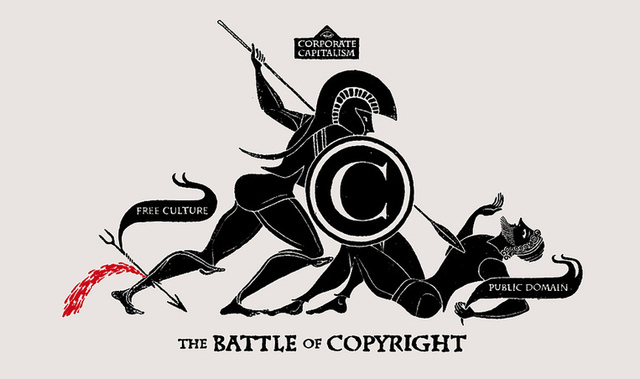8 countries signed the Anti-Counterfeiting Trade Agreement (ACTA)

On Saturday, the United States, Australia, Canada, Japan, Morocco, New Zealand, Singapore and South Korea signed the Anti-Counterfeiting Trade Agreement (ACTA), an agreement protecting intellectual property from piracy.
The European Union, Mexico and Switzerland are the only ones who participated in the creation of this agreement that did not sign it at a ceremony in Japan, but stated that they "confirm their full support and pledge to sign it as soon as it becomes handy."
')
The United States welcomed the deal. “Like many other problems we face in the modern global economy, no government alone can solve the problem of global counterfeiting and piracy. The signing of this agreement is an act of joint leadership and determination in the international fight against the theft of intellectual property. ”Said Maryam Shapiro, deputy US sales representative.
The agreement, which was created for more than 3 years and is open for signature until May 2013, imposes on the participating countries a regime of relations to intellectual property similar to that currently existing in the United States.
Rashmi Ragnat, a full-time lawyer in the Public Knowledge Organization in Washington, said the agreement, in fact, "is an attempt by the US to impose its laws on other countries."
Among other things, the agreement requires governments to make illegal the release to the market of devices that circumvent copyright, such as devices that allow you to make copies from protected DVD discs without authorization. This is similar to one of the points from the Digital Millennium Copyright Act (DMCA) in the United States, where this law was used by Hollywood companies to ban RealNetworks from distributing DVD copy technology.
The agreement, which the United States claims does not require Congress to endorse, also calls on participating countries to create serious laws for the arrest and confiscation of products, if these products are counterfeit and protected by trademarks and copyrights. And the most important thing is that countries must create a legal framework that will allow victims of intellectual thefts to compensate for their losses in unlimited amounts.
In the US, for example, copyright law covers up to $ 150,000 for infringement. The Boston jury obliged a college student to pay $ 675,000 for distributing 30 tracks to Kazaa, while in Minnesota the jury awarded the RIAA $ 1,500,000 for stealing 24 songs online.
An item was removed from the agreement that was promoted in the United States, which obliged Internet providers to disconnect user accounts that were repeatedly found to be in violation of the network. Although Internet providers still prefer to cooperate with the authorities on this issue.
The Obama government has consistently stated that the agreement is a matter of “national security”, until the European Union began to “merge” the text of the document into the network.
Source: https://habr.com/ru/post/129791/
All Articles